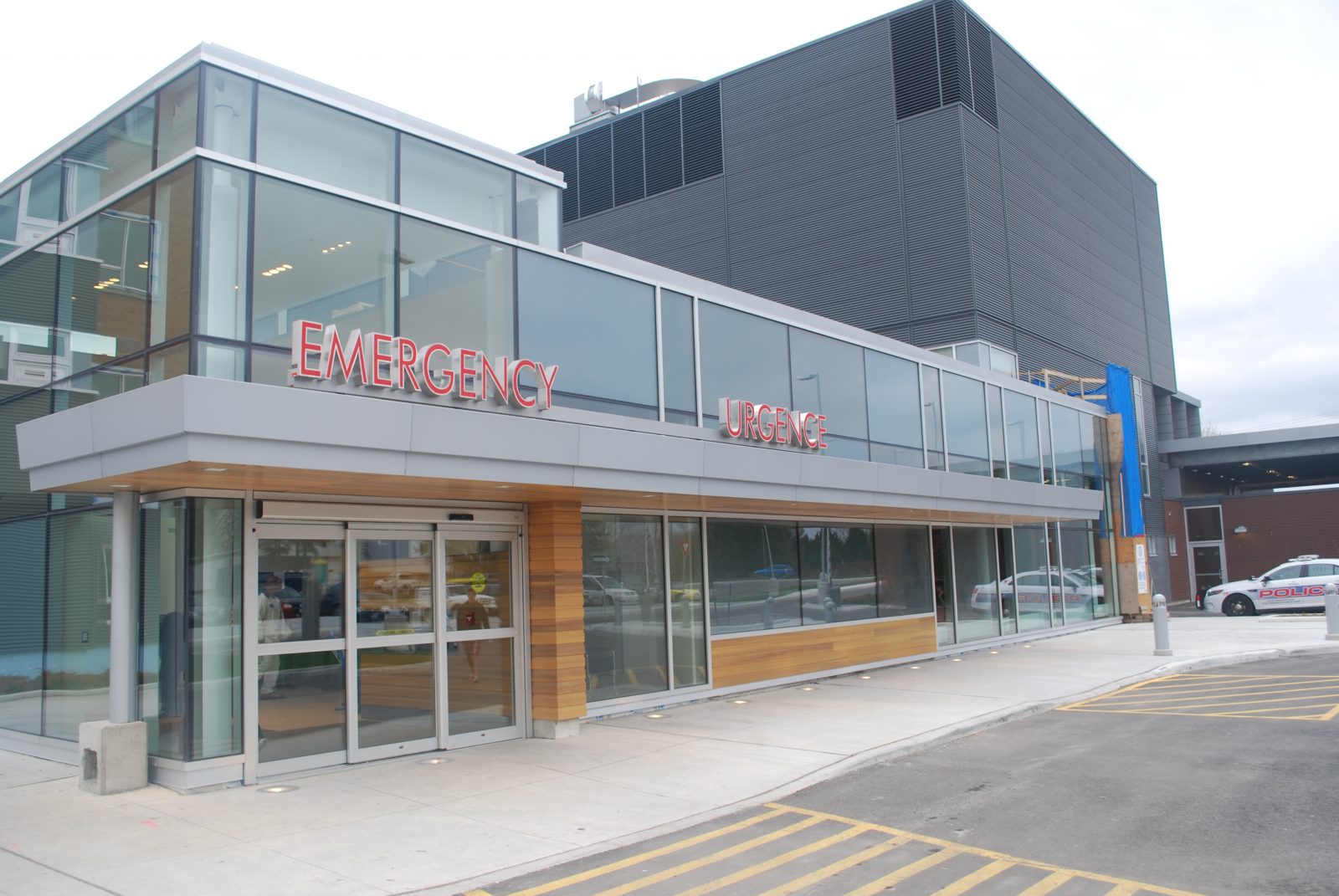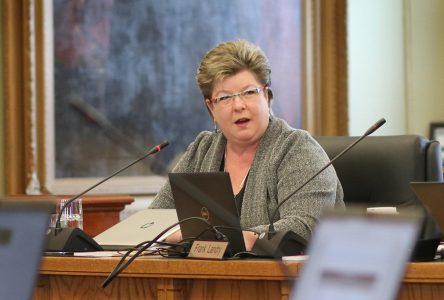CORNWALL, Ontario – At a meeting in November, the Cornwall Community Hospital’s (CCH) Board of Directors approved a recommendation from the Medical Advisory Committee to allow Medical Assistance in Dying at the Hospital.
The move conforms with a February 2015 Supreme Court of Canada ruling that found that it was unconstitutional to barr doctors from assisting patients in ending their lives if that was the wish of the patient.
On June 17, 2016, the Liberal Government passed legislation to allow Medical Assistance in Dying (MAID) in Canada.
Under the law, citizens over the age of 18 who are mentally competent and are suffering from a “grievous and irremediable medical condition” are eligible to ask a doctor to assist them in ending their lives.
“We have prepared a policy and process that is consistent with the new legislation that has legalized MAID and defines how we would respond to a request,” said CCH CEO Jeanette Despatie. “Our policy is clear that any healthcare provider may refuse to participate in the provision of the service. We are currently working to ensure that information is readily available to staff, patients and their families.”
A fact sheet distributed to CCH staff expanded on the hospital’s stance.
“At CCH we believe that exploring the nature of a person’s request for Medical Assistance in Dying is completely consistent with our moral and ethical values,” the fact sheet said. “We are committed to compassionately and respectfully engaging with that person in non-coercive conversations about all treatment and care options available at CCH to help alleviate his or her deep suffering, which could include Medical Assistance in Dying.”
The hospital says that they have prepared a step-by-step guideline for patients and healthcare professionals including a 10 day reflection period after the patient has signed the consent form.
Additionally, the hospital notes that any healthcare professional may refuse to participate in administering MAID under religious or conscientious objections under the law.
“Information that CCH has prepared for patients and their families emphasizes that people who choose to have a medically assisted death may change their minds at any point,” the hospital fact sheet states. “It also provides a list of questions to consider and recommendations including discussions with legal counsel and insurance representatives.”



